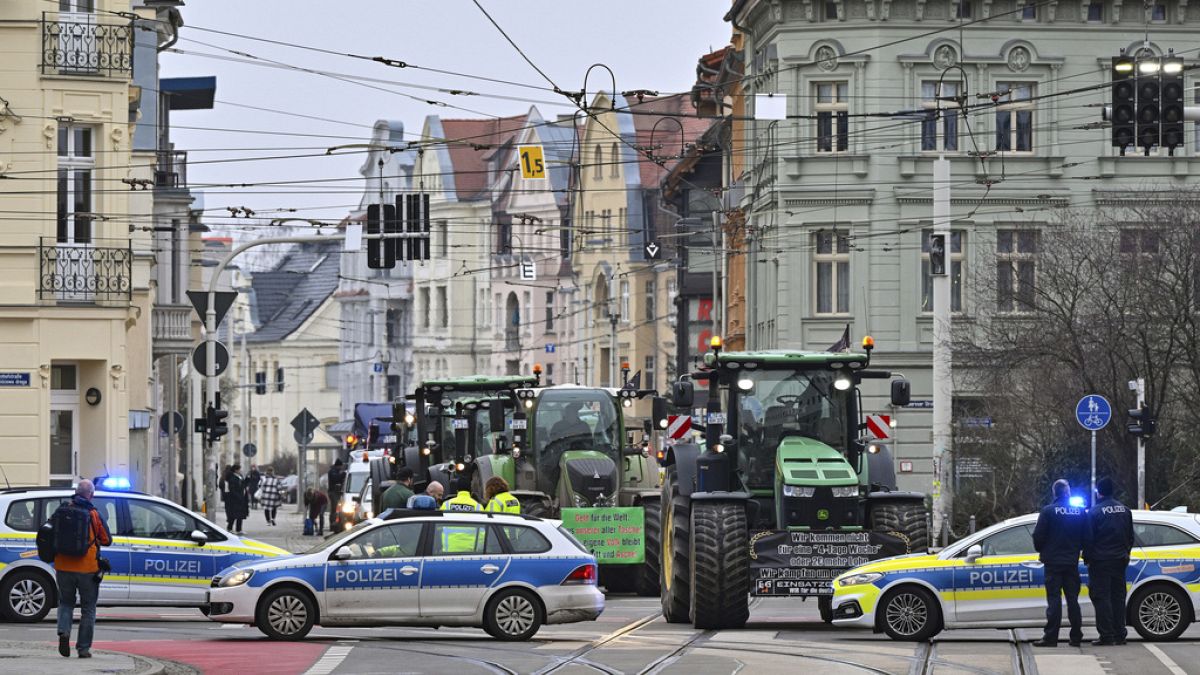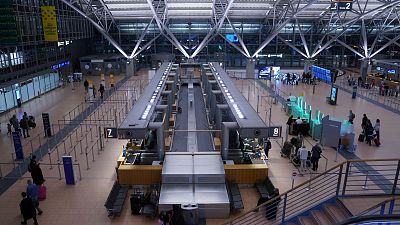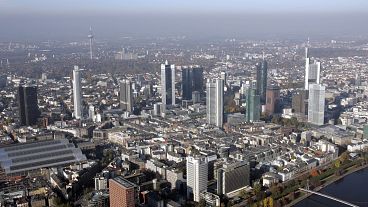German income expectations have soared to a more-than two-year high, but French consumers remain worried about their standard of living.
German consumer sentiment could potentially be on the road to recovery, despite the country recently being battered by soaring prices and lacklustre economic prospects.
The German GfK Consumer Climate Indicator for March, released by the GfK Group, came out on Tuesday, clocking in at -29.0, in line with market expectations. This was a notch above the 11-month low of -29.6, seen back in February.
This was mostly due to income expectations touching a more than two-year high, at -4.8, up from -20.0 in the last month. However, economic prospects remained more or less the same, at -6.4, up from -6.6 in February. The propensity to buy was also little changed at -15.0, down from 14.8 in the previous month.
Conversely, the inclination to save inched up to the highest level since June 2008, at 17.4, up from 14.0 in February.
However, a fast recovery in consumer spending was not likely to happen, especially as the rising cost of living and dampened economic outlook remain a reality this year, warned consumer expert Rolf Burkl, from the Nuremberg Institute for Market Decisions (NIM).
Germany is currently dealing with a multitude of economic woes, especially decreased construction and house-building activity, which has had a spillover effect on much of the economy. Due to rising interest rates and borrowing costs becoming more expensive, several projects have been postponed, paused or cancelled. This has led to new orders falling as well.
Other issues include weakening foreign industrial demand, as well as ongoing strike action which is having an effect on several parts of the country. These are mainly due to farmers protesting over the agricultural diesel subsidies being reduced.
The airline industry has also faced the brunt of strikes, with Lufthansa, Germany's national carrier having had to ground 80% to 90% of its flights in the last few days, due to strikes by its ground staff.
French consumer confidence takes a sharp downturn
The French consumer confidence report for February, released by INSEE France, clocked in at 89 this month. This was quite a step down from January’s almost two-year high of 91, while also being less than analyst expectations of 92.
This dampened figure was mostly due to standard of living expectations dropping from -38 in the previous month to -42 in February. Consumers were also more pessimistic about their financial situation outlook, which dropped from -8 in January to -11 in February.
The intention to save also dropped to 37 from 40 in January, while future inflation expectations increased to -47 from -54 on the previous month. The number of households considering big purchases also dipped to -40 in February from -35 in the last month. The outlook for unemployment rose from 22 in January to 26 in February.
French inflation was down at 3.1% in January 2024, falling from 3.7% in December 2023 and the lowest since January 2022, because of falling energy prices.
If this trend continues, it could go a long way in bolstering consumer confidence in the coming months.



